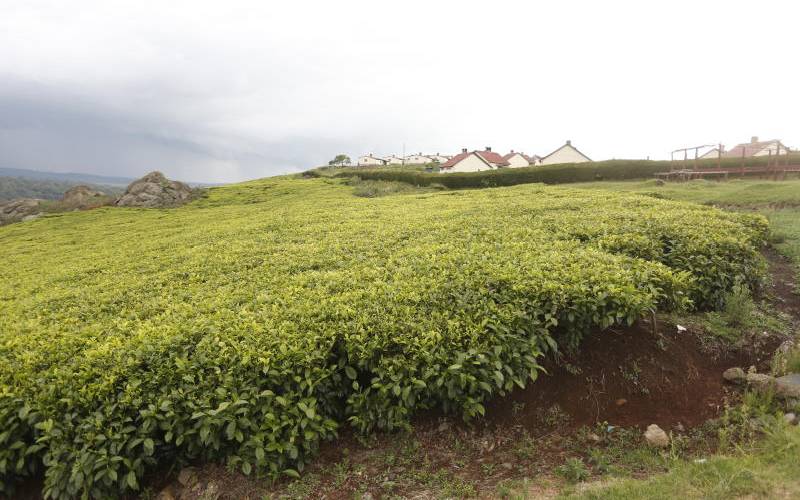×
The Standard e-Paper
Kenya’s Boldest Voice

There is no doubt that the tea industry continues to play a pivotal role in Kenya’s social and economic development. Last year, the industry contributed Sh117 billion to the country’s GDP from exports and Sh22 billion from local sales.